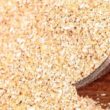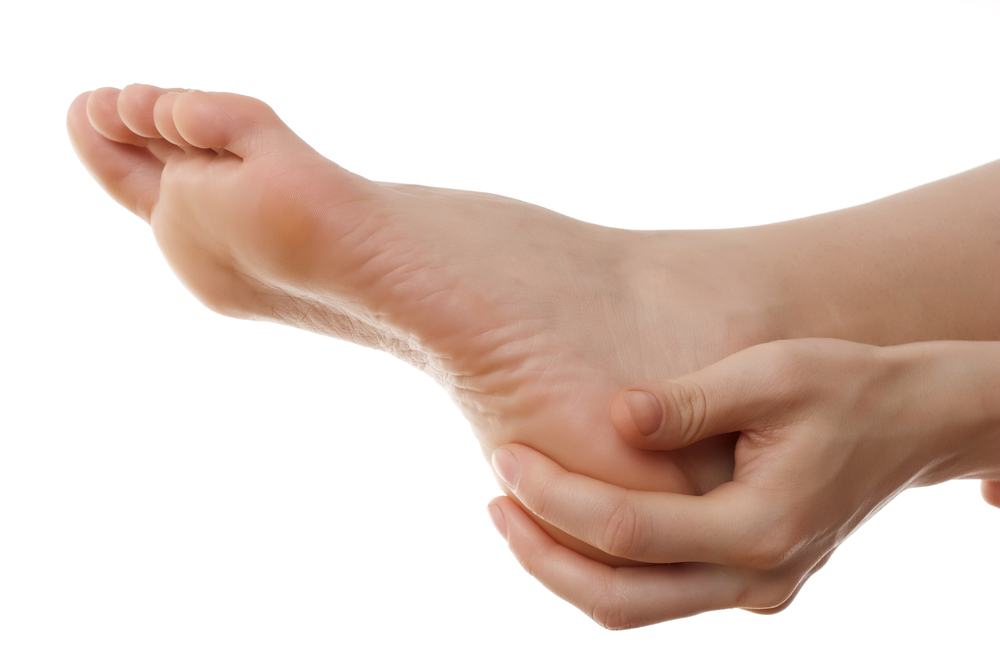There’s a thin ligament that links your heel to the front part of your foot, and it’s called the plantar fascia. When it gets inflamed, a condition called plantar fasciitis ensues.
Plantar fasciitis is actually one of the most frequently complained orthopedic problems on the planet. Due to the positioning and the amount of pressure your feet gets most of the time, it’s not uncommon for the plantar fascia to end up inflamed, causing pain and stiffness of the heel. The pain felt is usually more intense in the morning. The same is true if you have been sitting for a long period of time. When engaging in prolonged physical activities, you may experience severe pain most especially after quitting them.
Individuals who are obese and women who are pregnant are at higher risk of developing plantar fasciitis. It’s due to the increased weight the feet have to support. Having a job that requires you to be on your feet all of the time also increases your chances of ending up with the condition. The same is especially true for long-distance runners.
There are different medical treatments for plantar fasciitis. In order to help deal with the pain and swelling, a doctor will prescribe non-steroidal anti-inflammatory drugs or NSAIDs. The administration of corticosteroids may be done if you fail to properly respond to NSAIDs.
Night splints may be worn to ensure that the arch of the foot is maintained, keeping the plantar fascia elongated, thus preventing pain and stiffness in the morning. Special devices may be placed in the shoes of individuals suffering from plantar fasciitis to help ease the pain when walking by effectively distributing pressure.
Extracorporeal shockwave therapy may be recommended if the treatments mentioned above are not providing the expected results. In extreme cases, surgery is warranted. However, this may cause the full function of your foot to be lost.
There are also some effective home remedies for plantar fasciitis. If you are suffering from the problem, read on to know some of the things that you may do to attain relief.
• Stretch your feet – While sitting or lying down, flex your feet so that your toes are pointing towards your head. Maintain the flexion for about 30 seconds, and then relax your feet. Do 2 to 3 sets.
• Get your feet massaged – Whether performed on your own or by someone else, a foot massage can help deal with the problem. That’s because it promotes blood flow to the area, providing relief from the symptoms.
• Apply cold compress – Each time pain and swelling strikes, apply cold compress on the sole of the affected foot. This will help reduce the inflammation, thus bringing down the pain.
• Have an Epsom salt foot dip – Fill a small basin with warm water and dissolve 2 to 3 tablespoons of Epsom salt in it. Soak your feet in it for 10 to 15 minutes or until the water is no longer warm.
• Take milk with turmeric – This popular spice is revered for its amazing anti-inflammatory properties. You may dissolve a teaspoon of turmeric in a glass of warm milk and take it before bedtime to enjoy relief.
• Drink ginger tea – Because of ginger’s amazing ability to suppress inflammation, taking it in tea form is beneficial if you have plantar fasciitis. All you need to do is allow a tablespoon of grated ginger to steep in a cup of hot water.
• Have a glass of water with apple cider vinegar – Many with plantar fasciitis swear by the effectiveness of drinking a glass of water with a tablespoon of apple cider vinegar in easing the pain and swelling.
• Eat oily fish – The likes of herring, trout, mackerel, sardines, halibut and tuna are rich in omega-3 fatty acids, healthy fats that have potent anti-inflammatory properties.













